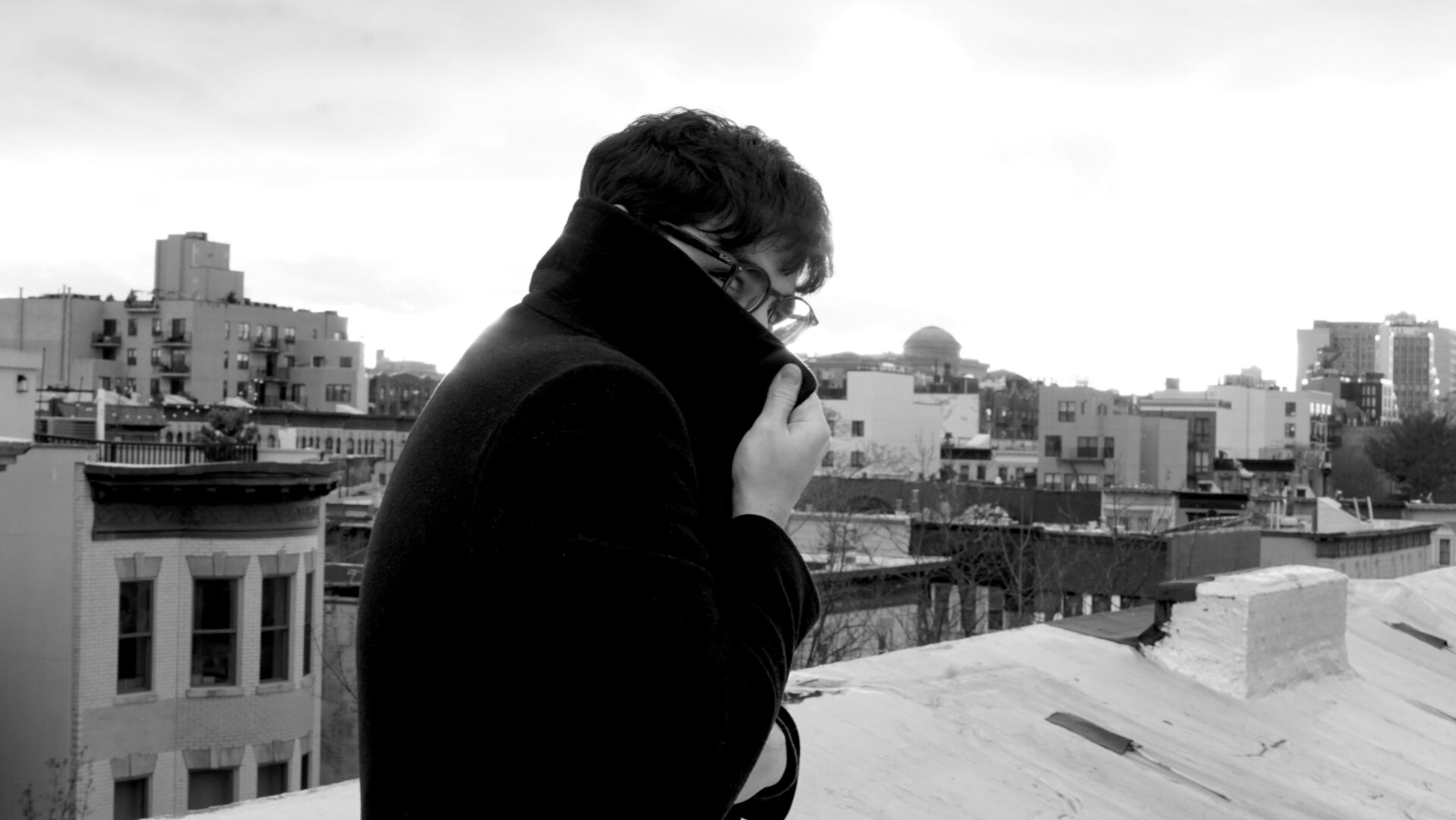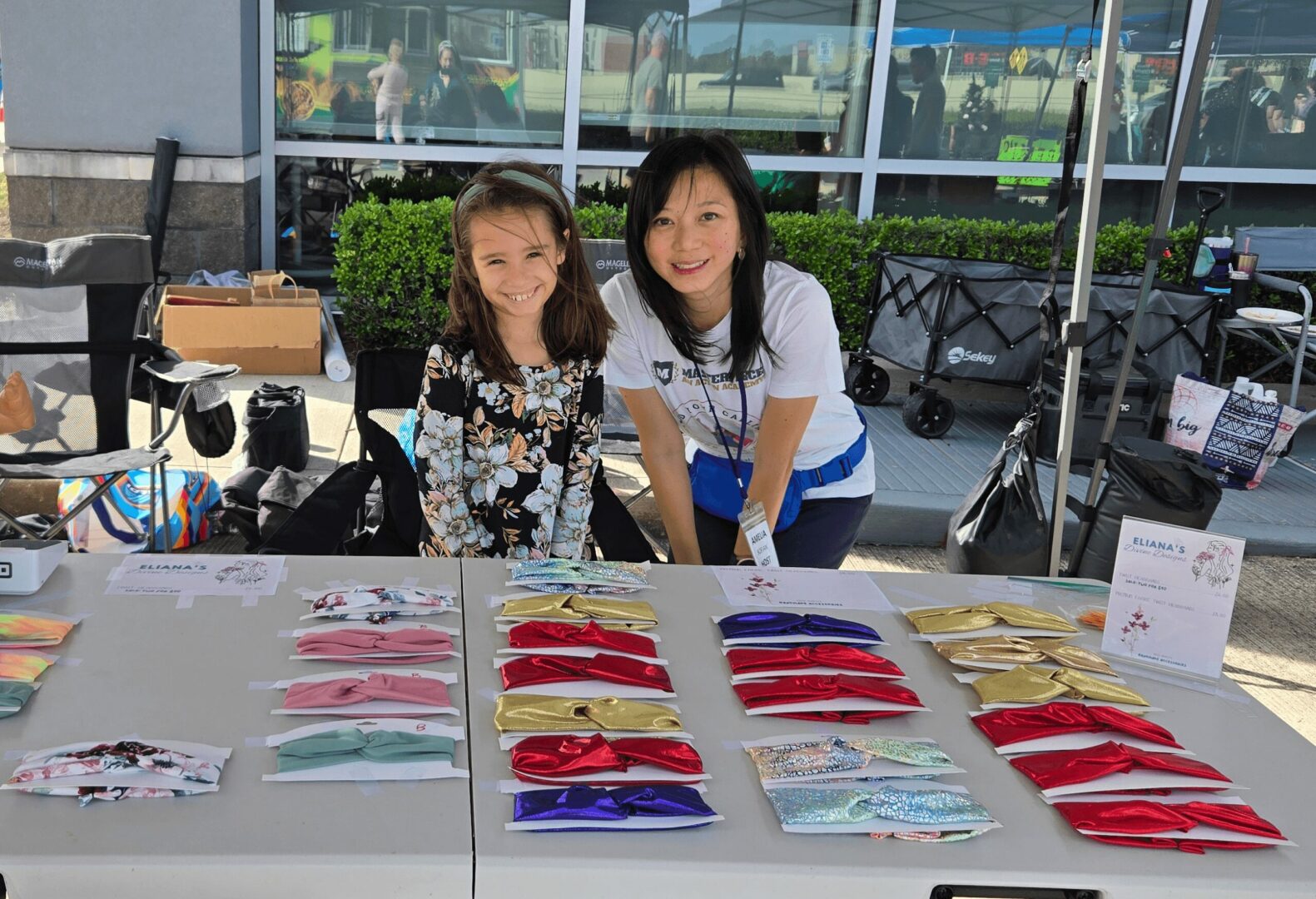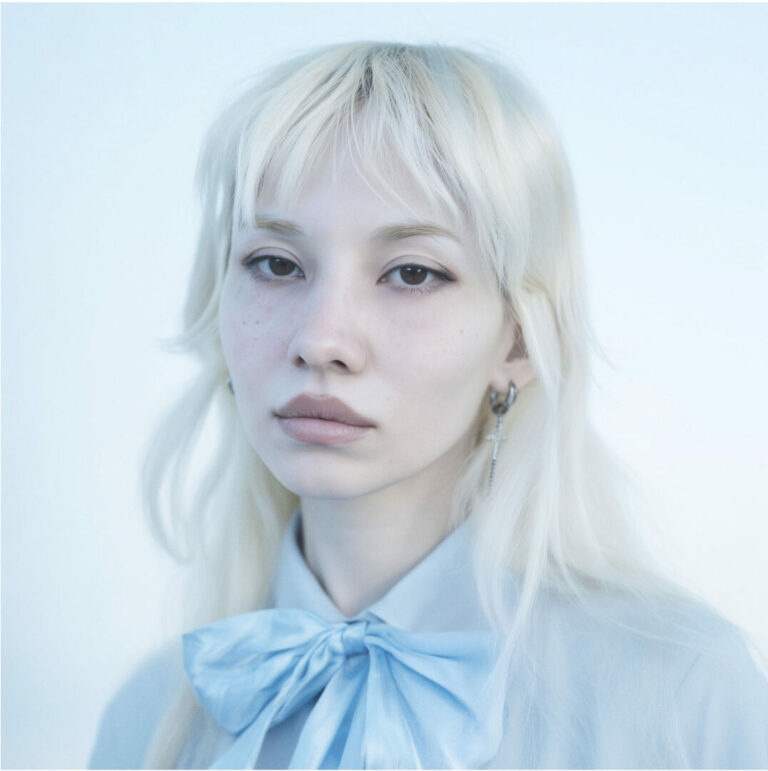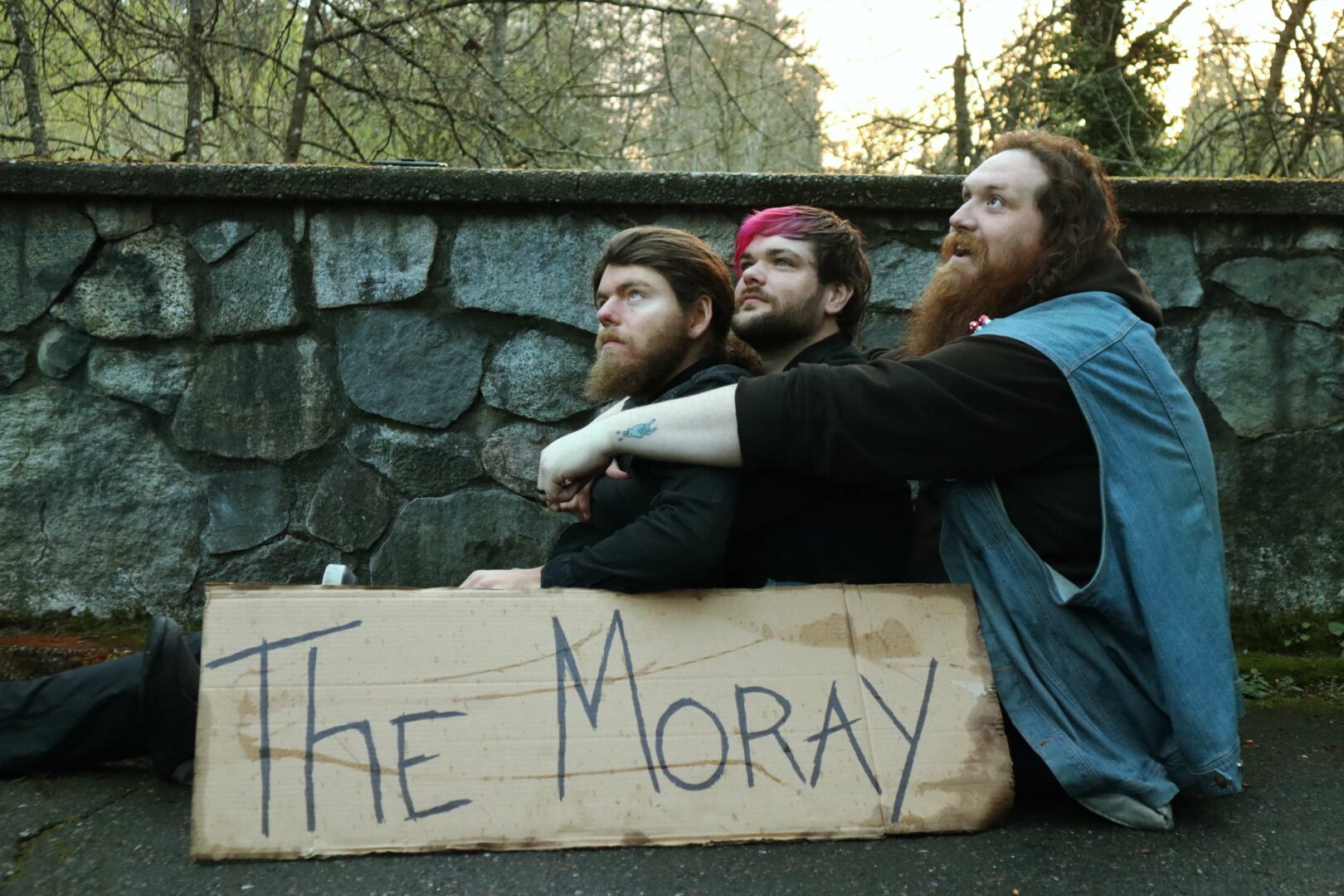We’re excited to introduce you to the always interesting and insightful Bruno Rubeiz. We hope you’ll enjoy our conversation with Bruno below.
Bruno, appreciate you making time for us and sharing your wisdom with the community. So many of us go through similar pain points throughout our journeys and so hearing about how others overcame obstacles can be helpful. One of those struggles is keeping creativity alive despite all the stresses, challenges and problems we might be dealing with. How do you keep your creativity alive?
I think that’s the hardest part of any creative job. A doctor goes to work every day and performs an incredibly difficult job where human lives are at stake, while an artist simply has to create every day, which sounds somewhat simple but the truth is that you have very little control over it other than simply doing it. The reality is that creation has many different shapes and it’s usually far from a linear process, quite the opposite. It starts and stops, frequently leads to dead ends you have walk yourself out of, and includes way more frustration than satisfaction. Keeping creativity alive sometimes can just mean sitting down to write and trying to come up with anything that is worth keeping. There are days where you don’t generate anything of value, and there are days where an entire story manifests itself for you. Embracing the unknowable part of the process and enjoying the lack of control is the only way to keep creativity alive.
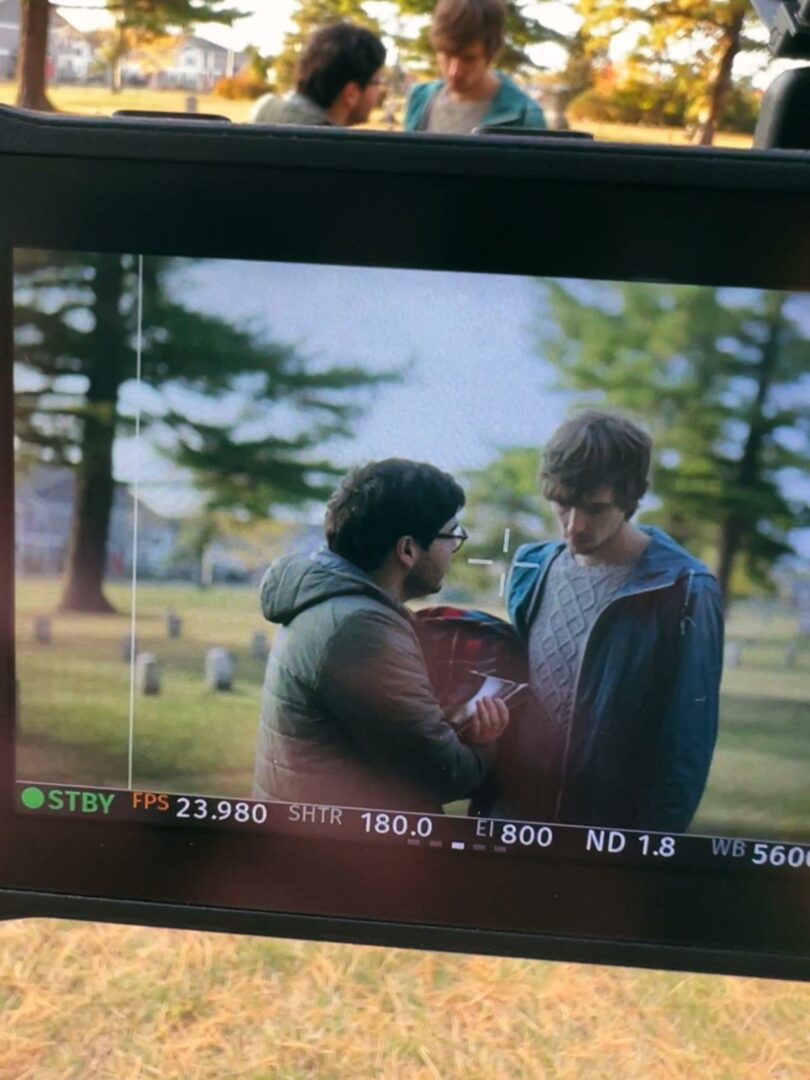
Great, so let’s take a few minutes and cover your story. What should folks know about you and what you do?
Right now I’m mostly focused on developing my projects as a screenwriter, both TV and film, with the goal to eventually direct some of those. I have a sci-fi TV show I developed with my friend and writing partner in Brazil which was born out of our shared love of The X-Files. We love sci-fi and we wanted to use that classic procedural format to explore Brazilian folklore and urban legends, which we believe have never been given their due representation in popular media. Not to mention UFOs and UAPs which are huge in our country, especially in smaller towns where people have claimed to see lights in the sky for decades. We even an entire military investigation during the 70s about the phenomenon. That project is in active development with Brazilian TV.
The other TV project I’m currently developing is a sitcom about a fictional Brazilian royal family trying to attain relevance and respect at ANY cost. For this project, I’m trying to emulate shows I love like Arrested Development and It’s Always Sunny in Philadelphia but with a uniquely Brazilian setting and perspective. It’s a style of comedy I haven’t seen been done in Brazil and I believe there’s space for it.
On the film side, I’ve been mostly working on the feature version of my short The Ballad of Fred Fort, which I wrote and directed during my time at Columbia University, and hope to have a polished draft of the screenplay in a couple months. I’m also submittting two other completed feature scripts to screenwriting competitions to see if they gather any attention!
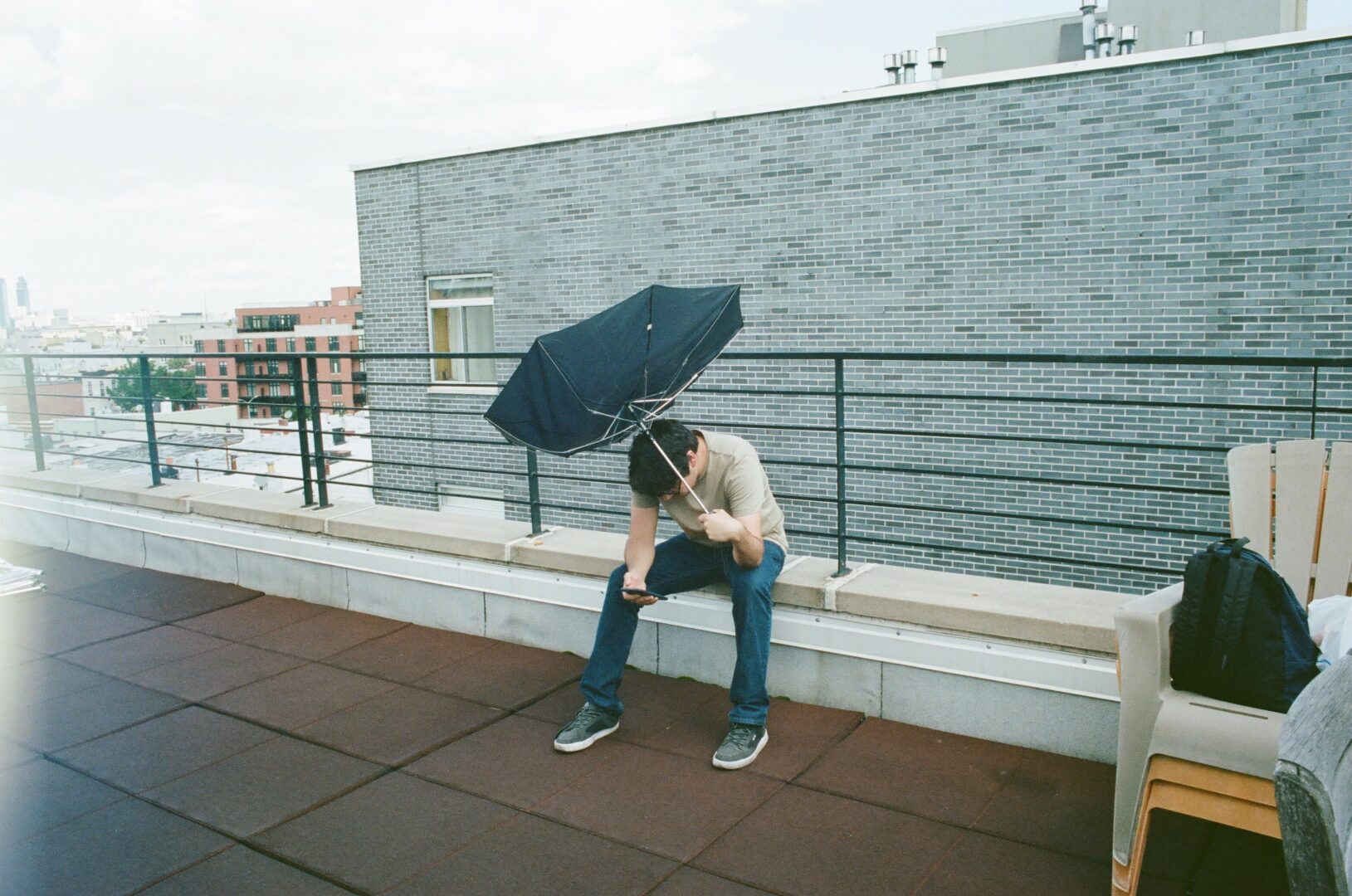
Looking back, what do you think were the three qualities, skills, or areas of knowledge that were most impactful in your journey? What advice do you have for folks who are early in their journey in terms of how they can best develop or improve on these?
I think whatever creative field you want to work with, you have to do whatever you can to become a specialist; the 10 thousand hours that Malcolm Gladwell wrote about. We don’t often get the chance to do our art every day, so you have to keep it alive in your brain whatever way you can. Practicing, reading, writing, listening, watching, studying. You gotta have discipline and be professional about it just like any other job.
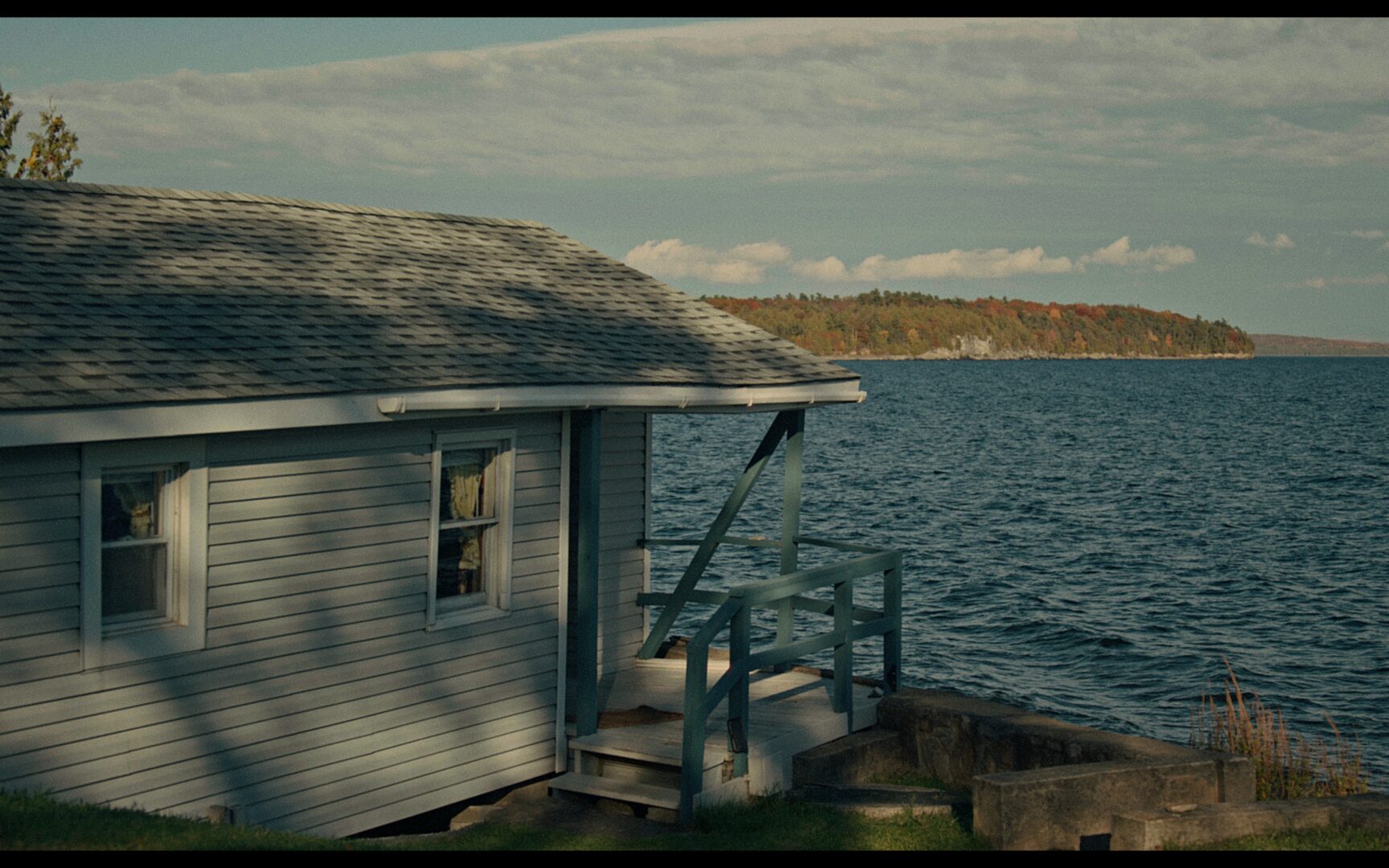
Thanks so much for sharing all these insights with us today. Before we go, is there a book that’s played in important role in your development?
There’s nothing new under the sun so I’m going to be very basic and say Story by Robert McKee. That book for me was more than worthy of its reputation. I had read quite a few storytelling books before that one, but I don’t think anyone has broken down the art of telling stories as effectively as McKee. It’s a long book but it’s so worth the read. Believe the hype and go after it, you won’t regret it.
I feel like I’m still taking advice, but if I have gathered any wisdom so far is that you have to love it. And you have to love getting better at it, which takes hard work. You’re gonna do a lot of bad art before you do any good art. No one is born knowing a craft, no one. Some people have more “talent” or whatever you want to call it, but if you don’t want it bad enough, you’re gonna struggle to find the strength to keep going uphill.
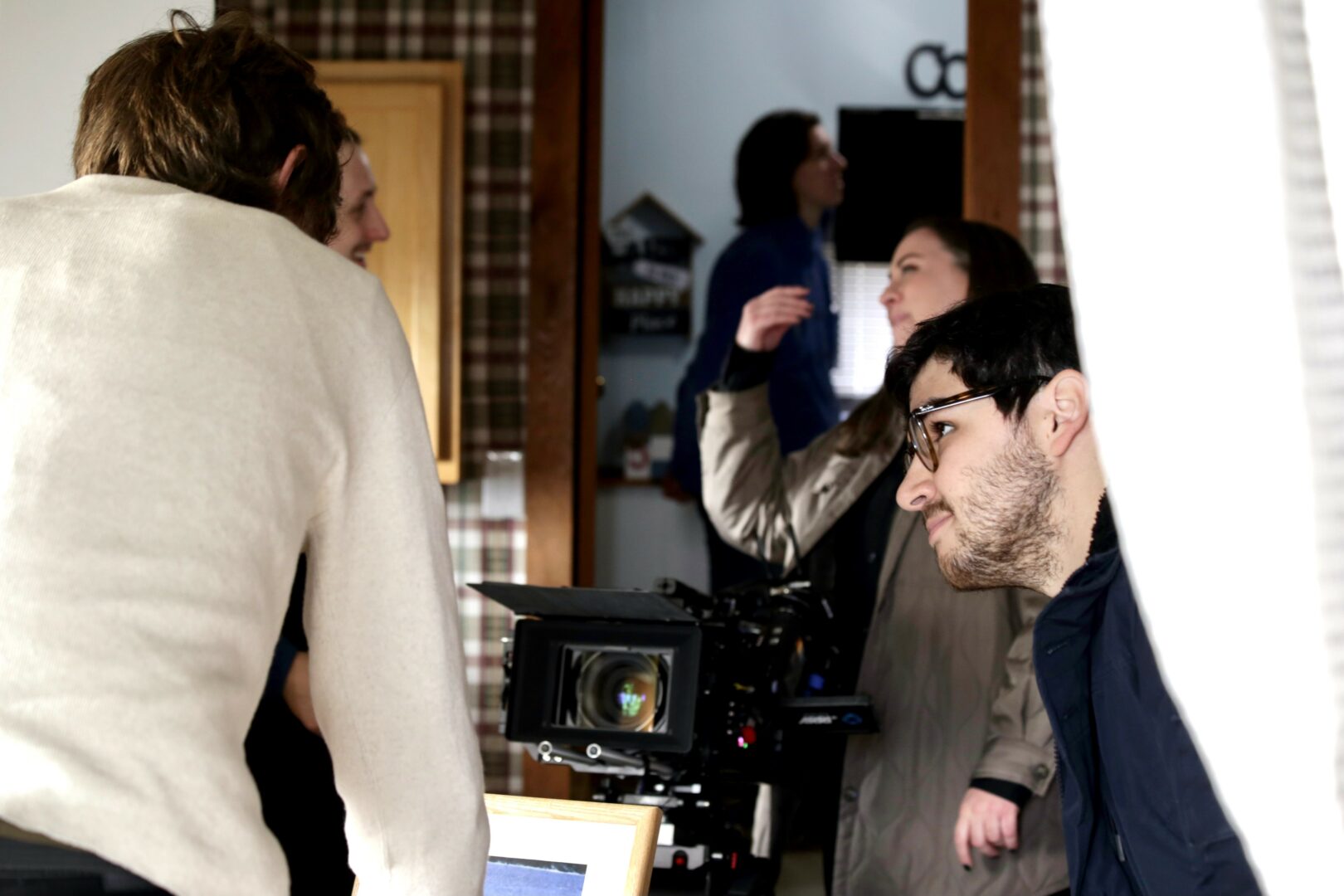
so if you or someone you know deserves recognition please let us know here.

